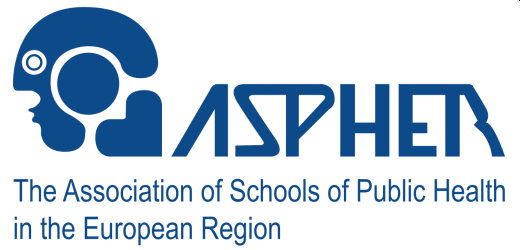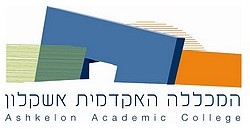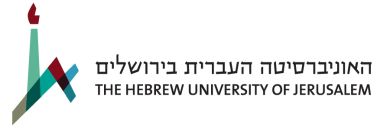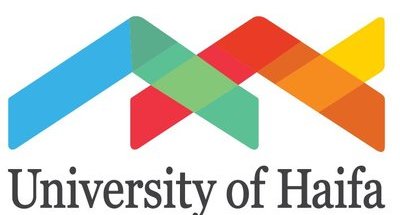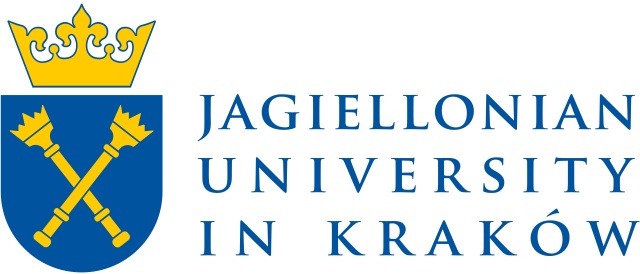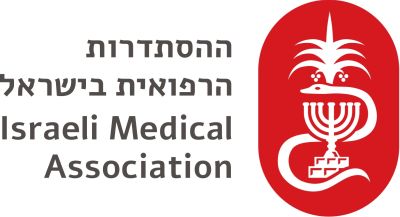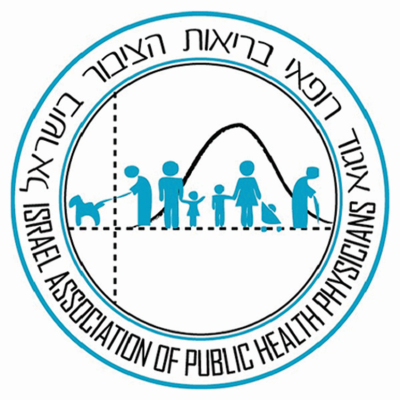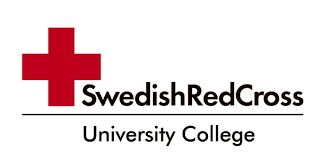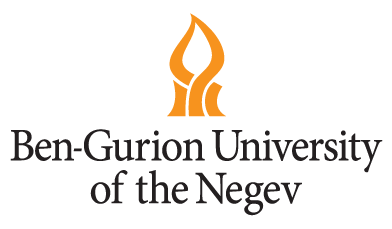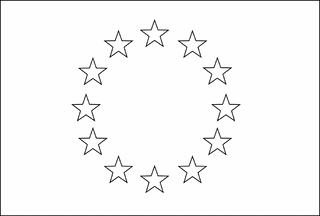 Sharing European Educational Experience in Public Health for Israel (SEEEPHI): Harmonization, employability, leadership and outreach
Sharing European Educational Experience in Public Health for Israel (SEEEPHI): Harmonization, employability, leadership and outreachSUMMARY:
Sharing European Educational Experience in Public Health for Israel (SEEEPHI) is a Capacity Building in Higher Education project funded through ERASMUS+, which transfers knowledge and best practices from European Union Higher Education Institutions (HEIs) to countries and HEIs outside the EU. The project begins in January 2021 and runs for three years involving ASPHER as the coordinating organization and a consortium of ASPHER Member schools (four EU HEIs[*] and four Israeli HEIs[†]) and the Israeli Association of Public Health Physicians.
PROJECT AIMS AND OBJECTIVES:
AIM: Enhancement of the public health workforce (PHW) in Israel through sharing European educational experience, including:
OBJECTIVES (Corresponding to five distinct core work packages):
METHODOLOGY:
In order to achieve its goals SEEEPHI brings together several key European authored tools to evaluate the current conditions and needs of the Israeli Public Health Workforce and Higher Education in the field of Public Health. Established EU best practices will then be applied to the Israeli setting based on the mapping results in order to harmonize PH educational programmes with the workforce needs and increase the employability of PH graduates. This will be accomplished in part through modernization of the HEI educational practices with emphasis in leadership training and problem-based learning as well as outreach to key stakeholders and employers in the wider Israeli Public Health System.
The tools used are as follows:
Analysis of Field Qualifications and PH educational programmes. In this preporatory work, the WHO-ASPHER Competency Framework for the Public Health Workforce in the European Region will be adapted to perform a detailed analysis of field qualifications content to understand different professional roles in the Israeli Public Health System. Concurrently, ASPHER’s European Core Competences List for Public Health Professionals will be used to map the competency profiles of the Israeli schools and programmes of public health. The reesults from the mapping exercises will be used to identify gaps and guide harmonization between public health education and practice.
Application of the mapping results will be applied through three core actions:
ASPHER’s European Public Health Reference Framework (EPHRF) will be used to guide the development of a dynamic online interface to enable public health education/training - practice/workforce collaboration, supporting employability and continuing professional development in the Israeli public health system.
Leadership capacity via cutting edge training in the Israeli public health schools and programmes, including peer-to-peer and train the trainers offerings will be established in a new PH Leadership Training Academy modeled on the Leaders for European Public Health (LEPHIE) programme.
Stakeholder engagement to secure key outreach (community, inter-professional, cross-sectoral) with key professional groups will be developed to raise awareness of PH and its roles, expanding on the successful European "This is Public Health" campaign supported by the establishment of a PH Registry.
EXPECTED RESULTS:
ASPHER sees SEEEPHI as an excellent opportunity to pilot a comprehensive capacity building action in a specific country context, which may be applied in a similar manner to other countries and regions wishing to improve the employability of their PH graduates and build their Public Health Workforce capacity. A key outcome of the project will be a tested protocol that may be adapted to other settings and available to all ASPHER Members.
